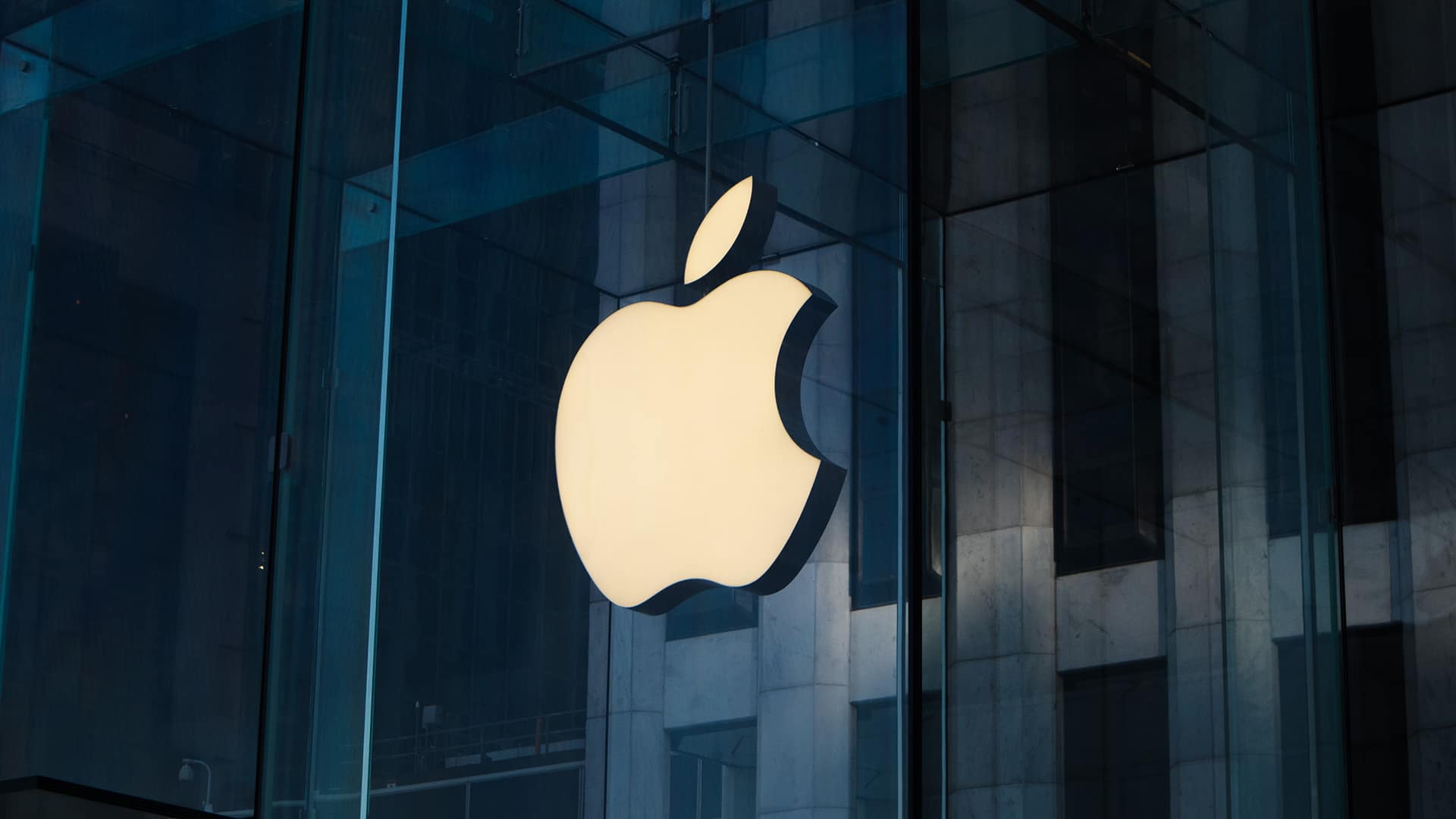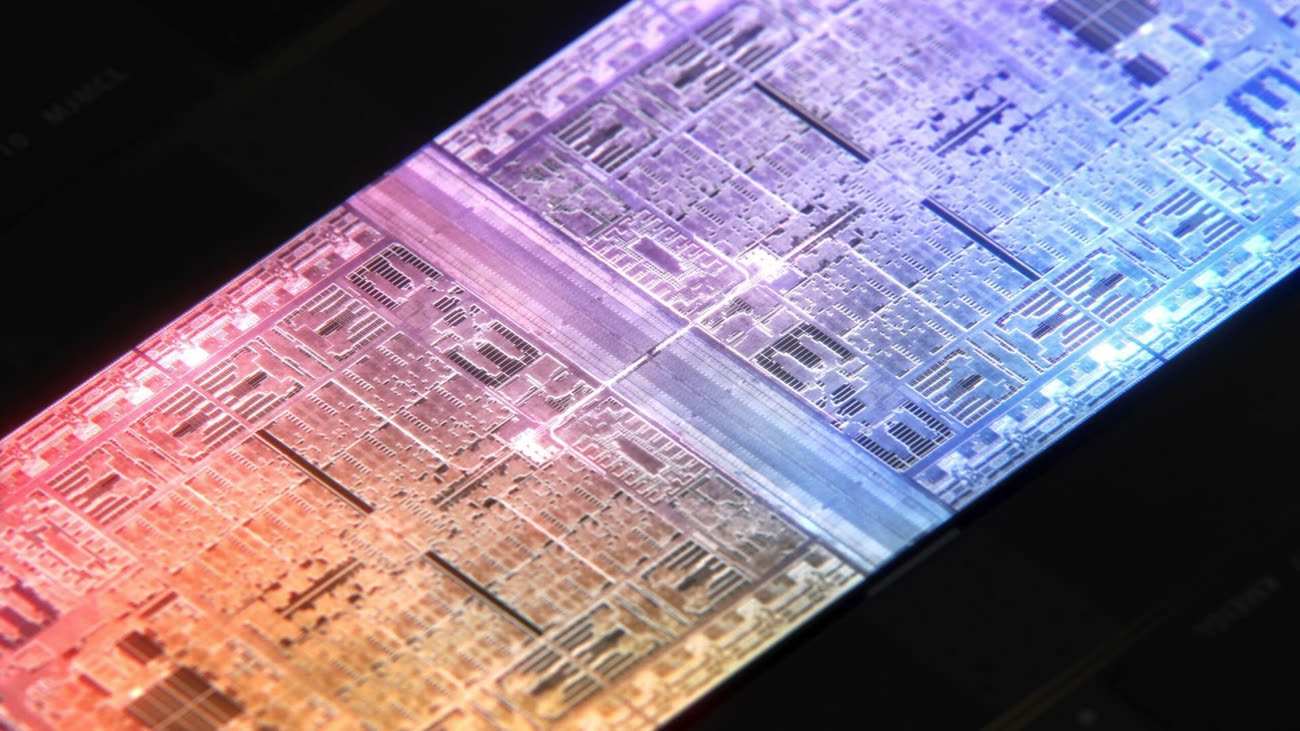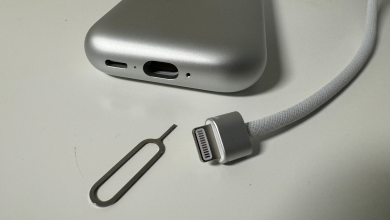Apple Prepares to Shift its Production Lines to US Following Growing Demand

According to a recent Bloomberg story, Apple plans to shift a significant portion of iPhone manufacture to US. An new TSMC factory that is now being constructed in Arizona will reportedly start providing Apple with at least some of the Apple Silicon processors that the company uses.
During his recent trip across Europe, Tim Cook met with Apple engineers and retail staff in Germany and shared his plans with them. According to the CEO of Apple, the company will begin importing chips from the Arizona plant around 2024. As new factories are built there, some production may also take place there:
We’ve already made a decision to be buying out of a plant in Arizona, and this plant in Arizona starts up in ’24, so we’ve got about two years ahead of us on that one, maybe a little less. And in Europe, I’m sure that we will also source from Europe as those plans become more apparent,” he said at the meeting, which included Apple services chief Eddy Cue and Deirdre O’Brien, its head of retail and human resources.”
Cook did not provide any additional information, although it is likely that he was talking to a factory that Taiwan Semiconductor Manufacturing Company is constructing in Arizona. The M-series chips used in the Mac and the company’s flagship A-series processors are solely supplied by TSMC. Apple uses these processors in all of its products.

The TSMC factory in China is currently scheduled to open in 2024, as Bloomberg notes. According to TSMC, the factory would initially produce 5nm chips, at least one generation behind the technology used by Apple in its products. The action is being taken as Apple strives to expand its global supply chain.
Regardless of what you may feel and think, 60% coming out of anywhere is probably not a strategic position.
I think you will wind up seeing a significant investment in capability and capacity in both the United States and Europe to try to reorient the market share of where silicon is produced.”
-Tim Cook
In order to increase chip manufacture in the nation, the US government has also recently began providing a number of financial incentives. There are more than $50 billion in benefits that accrue through the Chips and Science Act for domestic semiconductor development.
Regional unrest and oversaturated demand have compelled businesses like Apple to discover new ways to address sales bottlenecks. Apple is anticipated to act firmly in this direction.





